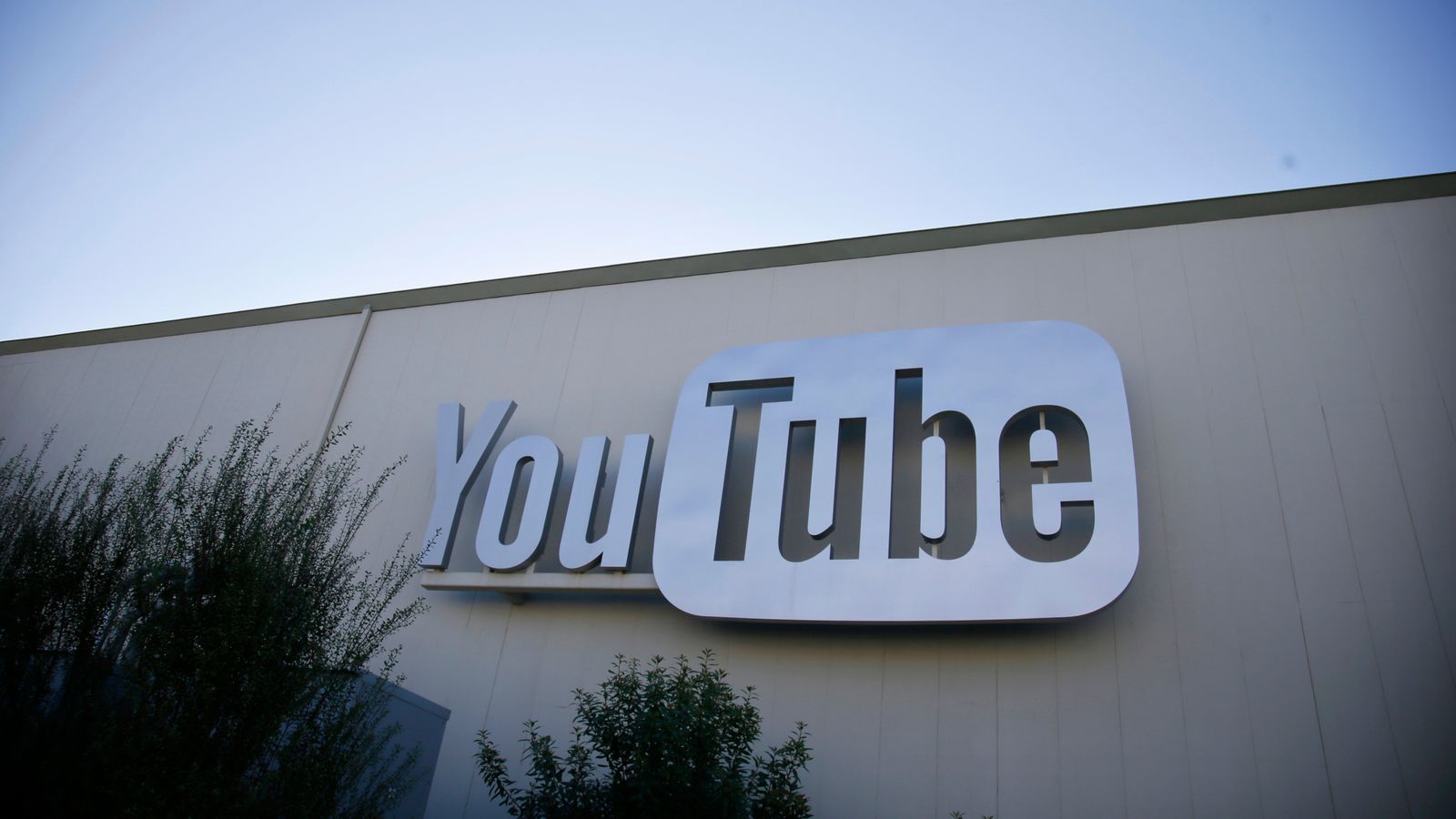YouTube has updated its policies around vaccine misinformation and provoked the ire of the Russian communications regulator after deleting the German-language channel for RT.
A week-long suspension of RT followed warnings over videos which were considered to be in breach of the platform’s COVID-19 misinformation guidelines, but it was deleted after RT registered a second channel to subvert the suspension.
In response, Russia’s communications regulator Roskomnadzor accused YouTube of censorship and demanded that the state-funded channels were restored, while the Kremlin called for “zero tolerance” towards YouTube and called for the regulator to block the site.
It comes as YouTube also removed the channels of a number of anti-vaccine activists for falsely alleging “that approved vaccines are dangerous and cause chronic health effects” as part of its new policy on vaccine misinformation.
The company said its new approach to handling anti-vaccine videos includes tackling “content that falsely says that approved vaccines cause autism, cancer or infertility, or that substances in vaccines can track those who receive them”.
Although YouTube had already banned the spreading of false information about the COVID-19 vaccines, this ban is now being extended to cover others such as the measles, mumps, and rubella vaccine.
YouTube said it has removed more than 130,000 videos for violating its COVID-19 vaccine policies.
Earlier this year, the UK’s vaccines minister, Nadhim Zahawi, said the government was battling a tsunami of disinformation about vaccines, while the US surgeon general said health-related misinformation was “a serious public threat”.
Last year, YouTube deleted David Icke’s channel over his pandemic misinformation because he repeatedly posted videos supporting a scientifically impossible conspiracy theory tying COVID-19 to 5G mobile masts.
YouTube said there are “important exceptions” to its new guidelines, and will continue to allow personal testimonies relating to vaccines “so long as the video doesn’t violate other Community Guidelines, or the channel doesn’t show a pattern of promoting vaccine hesitancy”.
Videos about vaccination policy and trials, and about historical successes and failures in vaccinations, are going to be allowed to remain on the site too.
Imran Ahmed, chief executive of the Center for Countering Digital Hate (CCDH) said: “Anti-vaxxers have used social media platforms with impunity for far too long, risking the lives of millions, if not billions, of people around the world.
“Right now, there are people gasping for breath in ICUs because they were targeted with propaganda that convinced them that vaccines would do them more harm than COVID would. Many of them will not live,” he warned.
The CCDH previously published a report about the “Disinformation Dozen”, 12 anti-vaccination influencers whom it said were responsible foe almost two-thirds of anti-vaccine content circulating on social media.
“This is a welcome move and there is more to do by YouTube. Some members of the Disinformation Dozen still have live channels, with more than 100,000 total subscribers. This is good news but not mission accomplished,” Mr Ahmed added.

